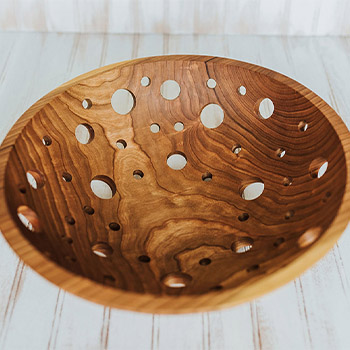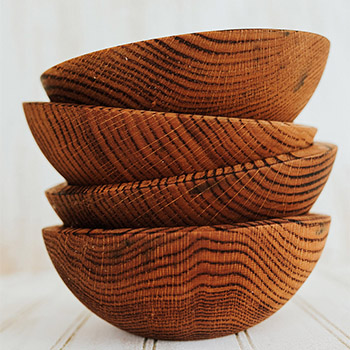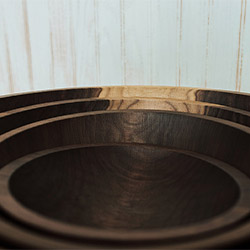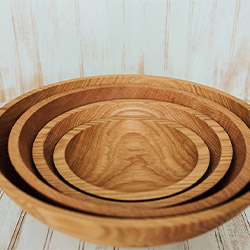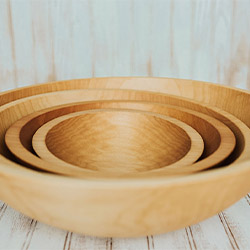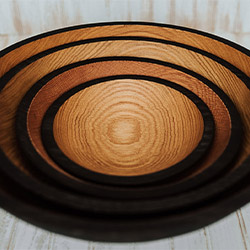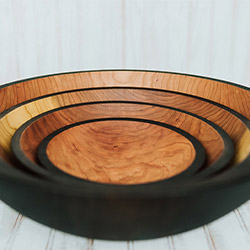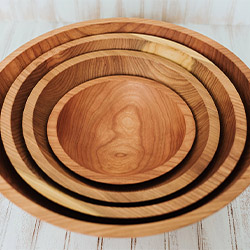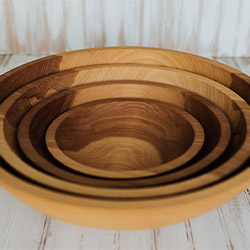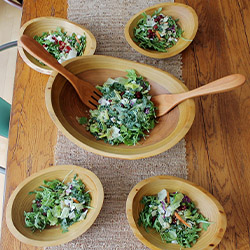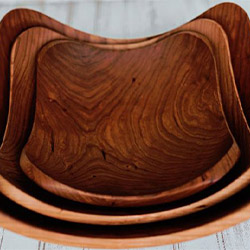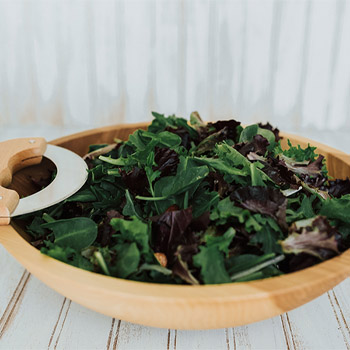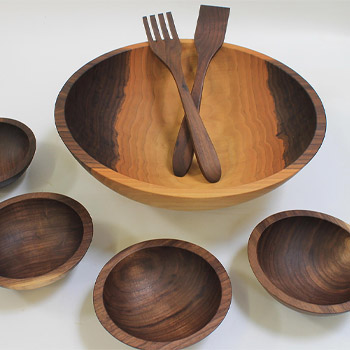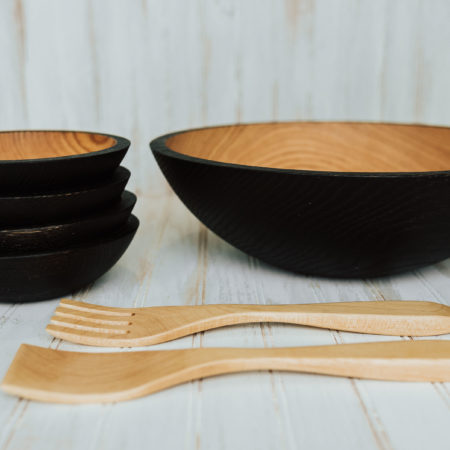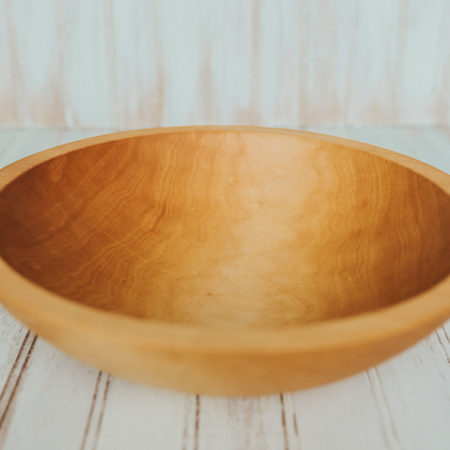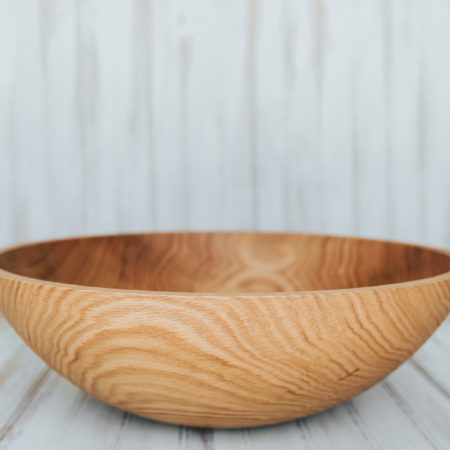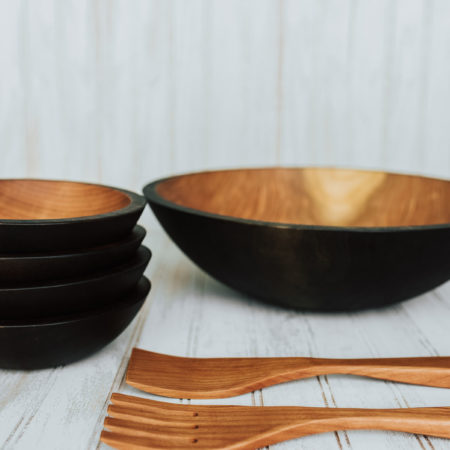Are you tired of constantly replacing your kitchen utensils? Look no further as we explore the top woods that can provide you with long-lasting handmade kitchen utensils.
From the sturdy and timeless oak wood to the elegant and durable teak wood, we will delve into the qualities and benefits of each option.
So, if you’re ready to elevate your culinary experience with utensils that will stand the test of time, keep reading to discover the perfect wood for your kitchen.
Key Takeaways
- Oakwood, maple wood, cherry wood, walnut wood, beech wood, ash wood, and teak wood are all excellent choices for long-lasting handmade kitchen utensils.
- These woods offer a combination of durability, resistance to moisture, and beautiful grain patterns, adding elegance and authenticity to the culinary space.
- Each wood has its unique characteristics, such as cherry wood’s resistance to dents and scratches, walnut wood’s rich dark tones, and beech wood’s exceptional durability and resistance to wear and tear.
- Proper maintenance, such as regular oiling with food-grade mineral oil for teak wood utensils, ensures the longevity and beauty of these wooden utensils.
Oak Wood
Oak wood is a versatile and durable material commonly used in the crafting of handmade kitchen utensils. If you want to feel like you truly belong in the world of cooking and preparing delicious meals, then oak wood utensils are a must-have addition to your kitchen. The warm and inviting nature of oak wood not only adds a touch of elegance to your culinary space but also provides a sense of belonging and connection to the tradition of handmade craftsmanship.
When you hold an oak wood spoon or spatula, you can feel the weight and solidity of the wood in your hands. Its durability ensures that these utensils will withstand the test of time and become cherished heirlooms that you can pass down to future generations. The natural grain patterns and variations in color make each piece unique, further enhancing that sense of belonging to something special.
Oakwood utensils aren’t only aesthetically pleasing but also highly functional. The smooth surface of the wood prevents scratching of delicate cookware, while its natural non-stick properties make it ideal for stirring, flipping, and serving food. Whether you’re sautéing vegetables, mixing batter, or serving up a hearty stew, oak wood utensils will become your trusted companions in the kitchen.
Maple Wood
If you’re looking for another exceptional wood material for your handmade kitchen utensils, maple wood is an excellent choice. Maple wood is known for its strength, durability, and beautiful grain patterns, making it a popular option for creating long-lasting and aesthetically pleasing kitchen tools. Its light color and smooth texture add a touch of elegance to any kitchen, creating a warm and inviting atmosphere where you can feel a sense of belonging.
Maple wood is renowned for its strength and durability, making it perfect for utensils that withstand daily use and the test of time. Its beautiful grain patterns add a touch of natural beauty to your kitchen, creating a sense of connection with nature. The light color of maple wood brings brightness and warmth to your cooking space, inviting you to gather and enjoy the pleasures of home-cooked meals. Its smooth texture provides a comfortable grip, allowing you to effortlessly handle your utensils while preparing delicious dishes. The elegant appearance of maple wood elevates the overall ambiance of your kitchen, making you feel proud to showcase your handmade creations.
Incorporating maple wood into your handmade kitchen utensils not only enhances the functionality but also adds a sense of belonging and authenticity to your culinary experience. So why wait? Start crafting with maple wood today and experience the joy of creating beautiful and long-lasting utensils that truly belong in your kitchen.
Cherry Wood
Cherry wood is known for its durability, making it an excellent choice for kitchen utensils that need to withstand regular use.
Using cherry wood utensils in your kitchen also offers a range of benefits, such as being resistant to moisture and heat.
These qualities make cherry wood utensils not only practical but also a stylish addition to your kitchen.
The Durability of Cherry Wood
With its strong and resilient nature, cherry wood stands as a durable choice for handmade kitchen utensils. Its durability ensures that your utensils will withstand the test of time and provide you with long-lasting use in your kitchen.
Here are some reasons why cherry wood is known for its durability:
- Hardness: Cherry wood is a hardwood that’s known for its hardness, making it resistant to dents and scratches.
- Resistance to moisture: Cherry wood has a natural resistance to moisture, making it less prone to warping or cracking when exposed to water.
- Stability: Cherry wood is known for its stability, meaning it’s less likely to shrink or expand with changes in humidity.
- Resistance to decay: Cherry wood contains natural oils and resins that help protect it from decay, ensuring its longevity.
Benefits of Using Cherry Wood
To fully appreciate the benefits of using cherry wood for your handmade kitchen utensils, you’ll quickly realize how its durability translates into a reliable and long-lasting addition to your culinary tools. Cherry wood is known for its strength and resistance to wear and tear, making it an excellent choice for utensils that will be used daily in your kitchen. Not only does cherry wood provide a beautiful and rustic aesthetic to your utensils, but it also offers a range of practical benefits. Its dense grain structure prevents the absorption of moisture and odors, ensuring that your utensils remain clean and hygienic. Additionally, cherry wood has natural antimicrobial properties, making it a safe and healthy choice for food preparation. Take a look at the table below to see some more advantages of using cherry wood for your kitchen utensils:
| Advantages of Cherry Wood |
| Durability |
| Resistance to wear and tear |
| Beautiful aesthetic |
| Moisture and odor resistance |
| Natural antimicrobial properties |
| Long-lasting |
Walnut Wood
The rich, dark walnut wood tones bring an elegant touch to your handmade kitchen utensils. When creating a warm and inviting atmosphere in your kitchen, walnut wood is the perfect choice.
Here are some reasons why walnut wood is a top pick for long-lasting utensils:
- Durability: Walnut wood is known for its exceptional durability. It can withstand daily use without losing its strength or integrity. This means that your walnut wood utensils will last for years to come, becoming heirloom pieces that can be passed down through generations.
- Resistance to moisture: Walnut wood has natural oils that make it highly resistant to moisture. This means your walnut wood utensils won’t warp or crack when they come into contact with water. You can confidently use them for cooking and serving without worrying about any damage.
- Beautiful grain patterns: Walnut wood is prized for its beautiful grain patterns. Each piece of walnut wood has a unique and distinct pattern, adding a touch of sophistication to your kitchen utensils. The rich, dark tones and intricate patterns make walnut wood utensils stand out and become a focal point in your kitchen.
- Versatility: Walnut wood is a versatile material that can be used to create a wide range of kitchen utensils. From spoons and spatulas to cutting boards and serving bowls, walnut wood can be shaped and carved into various forms. This means you can have a complete set of matching walnut wood utensils that look great and perform exceptionally well.
Incorporating walnut wood utensils into your kitchen enhances the aesthetics and ensures that you have reliable and long-lasting tools at your disposal. With their durability, resistance to moisture, beautiful grain patterns, and versatility, walnut wood utensils are a perfect addition to any kitchen.
Beech Wood
When it comes to beech wood, durability is key. Beechwood is known for its strength and ability to withstand everyday wear and tear in the kitchen.
Additionally, its versatility allows it to be used for a wide range of kitchen utensils, from spoons and spatulas to cutting boards and rolling pins.
Durability of Beech Wood
Beechwood, known for its durability, is an excellent choice for handmade kitchen utensils. Its sturdy nature ensures that your utensils will withstand the test of time and provide you with years of reliable service.
Here are four reasons why beech wood is a durable option for your kitchen utensils:
- Resistance to wear and tear: Beech wood is highly resistant to scratches and dents, making it perfect for everyday use in the kitchen.
- Moisture resistance: This wood has natural moisture resistance properties, reducing the risk of warping or cracking when exposed to water or humidity.
- Strength and hardness: Beech wood is known for its strength and hardness, allowing your utensils to withstand heavy use without breaking or splintering.
- Easy maintenance: With its smooth surface, beech wood is easy to clean and maintain, ensuring that your utensils stay in top condition for a long time.
The Versatility of Beech Wood
With its flexibility and adaptability, beech wood is an excellent choice for various kitchen utensils. Whether you need a sturdy cutting board or a lightweight spatula, beech wood can handle it all. Its moderate hardness allows for easy shaping and carving, making it ideal for crafting intricately designed utensils. Beech wood’s smooth texture and light color also add a touch of elegance to your kitchen. This wood is known for its resistance to warping and splitting, ensuring that your utensils will last for years. Take a look at the table below to see some popular kitchen utensils made from beech wood:
| Utensil |
Description |
| Cutting Board |
Durable and knife-friendly surface for slicing and chopping |
| Spatula |
A versatile tool for flipping, stirring, and serving various dishes |
| Salad Tongs |
Perfect for tossing and serving salads, with a comfortable grip and long handles |
Ashwood
Ashwood is known for its strength and versatility, making it an ideal material for handmade kitchen utensils. Whether you’re a professional chef or a home cook, having high-quality utensils that perform well and add a touch of rustic beauty to your kitchen is essential. Ashwood offers just that, with the unique characteristics that make it stand out among other types of wood.
Here are some reasons why ash wood is a popular choice for handmade kitchen utensils:
- Durability: Ash wood is known for its exceptional strength and durability. It can withstand the rigors of everyday use in the kitchen, ensuring that your utensils will last for years.
- Resistance to moisture: Ash wood has a natural resistance to moisture, making it perfect for use in a kitchen environment where utensils often come into contact with water and other liquids.
- Beautiful grain patterns: The grain patterns of ash wood are visually appealing, adding an element of natural beauty to your kitchen utensils.
- Easy to maintain: Ashwood is relatively easy to maintain. Simply wipe the utensils clean with a damp cloth after each use, and occasionally apply a food-safe oil to keep them looking their best.
Teak Wood
Consider teak wood if you’re looking for another type of wood that’s highly regarded for handmade kitchen utensils. Teak wood is known for its exceptional durability and natural resistance to moisture, making it a perfect choice for utensils that are meant to last. The warm, rich tones of teak wood also add a touch of elegance to your kitchen, creating a sense of belonging and creating a welcoming atmosphere for your guests.
One of the main reasons why teak wood is highly recommended for kitchen utensils is its remarkable resistance to water damage. Unlike other types of wood that can warp or crack when exposed to moisture, teak wood retains its strength and shape, ensuring that your utensils will remain functional for years. This makes teak wood an ideal choice for utensils frequently used in water, such as cutting boards and spatulas.
In addition to its durability, teak wood is also naturally resistant to stains and odors. This means your teak wood utensils won’t absorb food particles or retain unpleasant smells, ensuring your kitchen remains clean and fresh. Furthermore, the natural oils present in teak wood act as a protective barrier against bacteria growth, making it a hygienic choice for food preparation.
When it comes to maintaining your teak wood utensils, it’s important to note that they require minimal care. Regularly oiling your utensils with food-grade mineral oil will help preserve their natural beauty and prevent drying or cracking. This simple step will ensure that your teak wood utensils remain in excellent condition for many years, giving you a sense of pride and belonging in your kitchen.
Review
Like the strong and enduring woods we’ve explored, handmade kitchen utensils crafted from oak, maple, cherry, walnut, beech, ash, and teak are symbols of durability and timeless beauty.
These natural materials provide a long-lasting and reliable tool for everyday cooking and bring a touch of elegance and warmth to any kitchen.
So, choose your utensils wisely, and let the symbolic power of these woods enhance your culinary experience.

